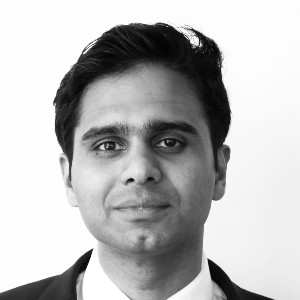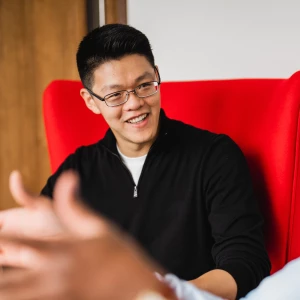Hi,
I have my second round of interviews with BCG next week.
The only constructive feedback I received was about improving my structure.
Could you please share some advice to help me strengthen and refine my approach so it stands out?
Also, do you have any tips on handling BCG’s stress test and maintaining composure with their poker-faced interview style? I find it a bit uncomfortable!
Thanks!















